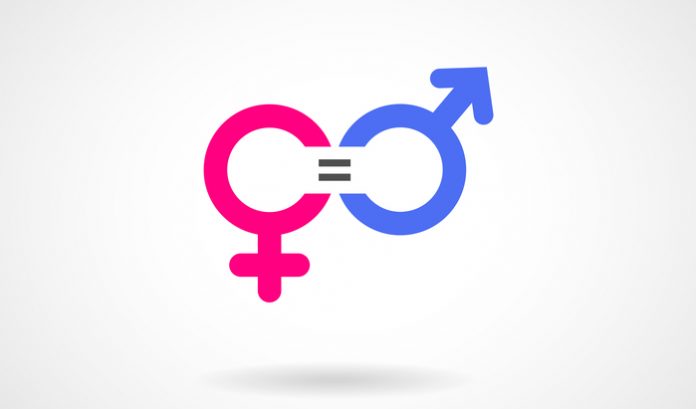GamCare has provided its support for the global #HearHer campaign, aiming to end gender-based violence against all people identifying as female.
The #HearHer campaign was officially launched by Women’s Aid on 25 November and called on counterpart charities to promote 16-days of activism against gender-based violence.
Coming to a close on ‘Human Rights Day’, the campaign’s organisers Women’s Aid has sought support from its partners to continue to support the campaign’s key aim of helping victims of gender violence.
As the UK’s leading provider of treatment support for problem gambling harms, GamCare pledged its support for the campaign as its frontline teams witnessed an “increasing numbers of callers reporting domestic abuse since the beginning of the pandemic, with support services being stretched.”
In the past, GamCare has noted that domestic abuse can be a real-life consequence of gambling disorders, driven by victims’ anxiety, stress or depression. Additionally, it has been noted that gambling could also become an escape or coping mechanism for those experiencing abuse.
During the COVID-19 pandemic, GamCare’s Helpline staff were increasingly concerned about the impact of domestic abuse from callers affected by someone else’s gambling, rising from 4% in 2019/20 to 6% in 2020/21.
During the UK’s lockdown, GamCare noted that total ‘safeguarding calls’ flagged by its Helpline staff grew by 696% from Q4 2019 to Q3 2020, in which 80% of callers reported abuse.
Since 2020, GamCare has operated its Women’s Support Programme tailored to provide dedicated support services for women experiencing gambling harms. The programme’s support has been bolstered by GamCare collaborating with domestic and gender abuse organisations such as Respect, the Make a Change Project and Women’s Aid.
“Through this work, the programme has challenged to think about how coercive control and economic abuse could factor in with gambling harms,” GamCare explained.
“Ensuring this thought process is considered within processes and practice that improve identification and could make a significant impact in providing survivors with more tailored support.”



























